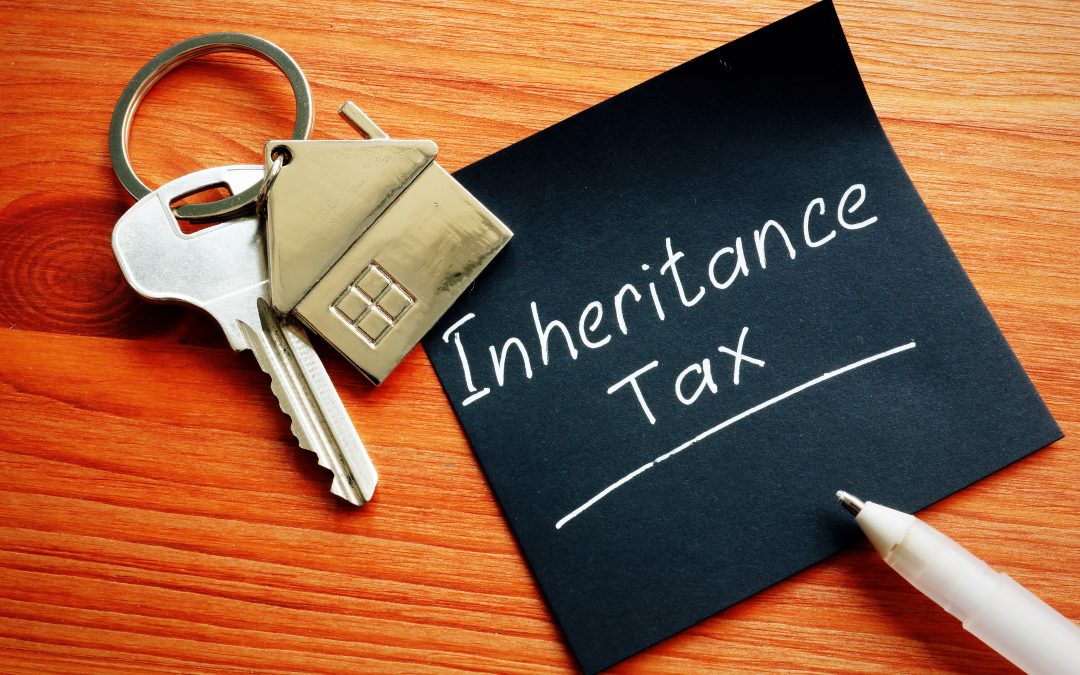
Inheritance Tax payments have doubled in the last decade
There was a time when people thought Inheritance Tax was just for the most affluent to think about. However, with property prices continuing to rise, it seems that way of thinking will soon be a thing of the past.
The number of estates paying inheritance tax (IHT) has doubled, to £5.1bn in the 2019/20 tax year. This is largely in part due to the increase in property prices. According to Nationwide, house prices had grown at the fastest annual pace in 17 years in March 2022. Subsequently, the total value of many people’s assets is now well above the £325,000 mark.
Even with the stamp duty holiday ending, and rates returning to pre-covid levels, house prices are still continuing to soar. The average cost of a property is now, £260,230, an increase of £29,162 compared to this time last year. The increase reflects how demand for property is far exceeding supply, and how the type of housing that many people are choosing to purchase has changed as a result of the pandemic.
A push to build more homes could help to solve the issue of more people being liable into paying inheritance tax, but this would be a long-term solution, with the effects not coming in to play for several years at the very least.
Managing Director, Paul Darley said ‘With Chancellor Rishi Sunak freezing the inheritance allowance until 2025/26 more and more estates will pay inheritance tax in the future. The recent rise in house prices is only exacerbating the problem! It’s important to seek financial planning advice in order to make sure as much as your estate goes to your intended beneficiaries as possible.’
The Inheritance Tax threshold explained…
The standard IHT rate is currently 40% and is only charged on the part of your estate that’s above the threshold. This is also known as the nil-rate band, which everyone in the UK is entitled to.
This particular figure takes in consideration a person’s whole estate, from valuation of properties, money in the bank, cash, savings, possessions and of any gifts made in the 7 years before death.
As an example, if your total estate is worth £500,000 and the current threshold is £325,000, the IHT charged will be 40% of £175,000.
What reliefs and exemptions are there from Inheritance Tax?
If you are looking to pass property on to children or grandchildren, (including adopted, foster or stepchildren) you are entitled to benefit from a larger tax-free personal allowance of £175,000 taking the total tax-free personal allowance to £500,000. Therefore, IHT on property passed on to descendants is only applied when the total estate is valued at greater than £500,000.
In terms of exemptions, there are certain criteria’s when IHT does not have to be paid, these are:
- You decide to leave everything above the £325,000 to your partner, civil partner or to good causes
- The value of your estate doesn’t exceed the threshold limit
In the meantime
Now is a good time to get some professional advice and get your IHT plans in order. Preparing your finances for a time for when you are no longer around, seems a daunting task, and there’s no denying with the constant economic changes there can be a lot of grey areas!
It’s important you know exactly what will happen to your assets, to not only give you piece of mind but to protect your family and loved ones.
Whatever your plans and however things might change, Wealth Experts will always be there to help you achieve them.


